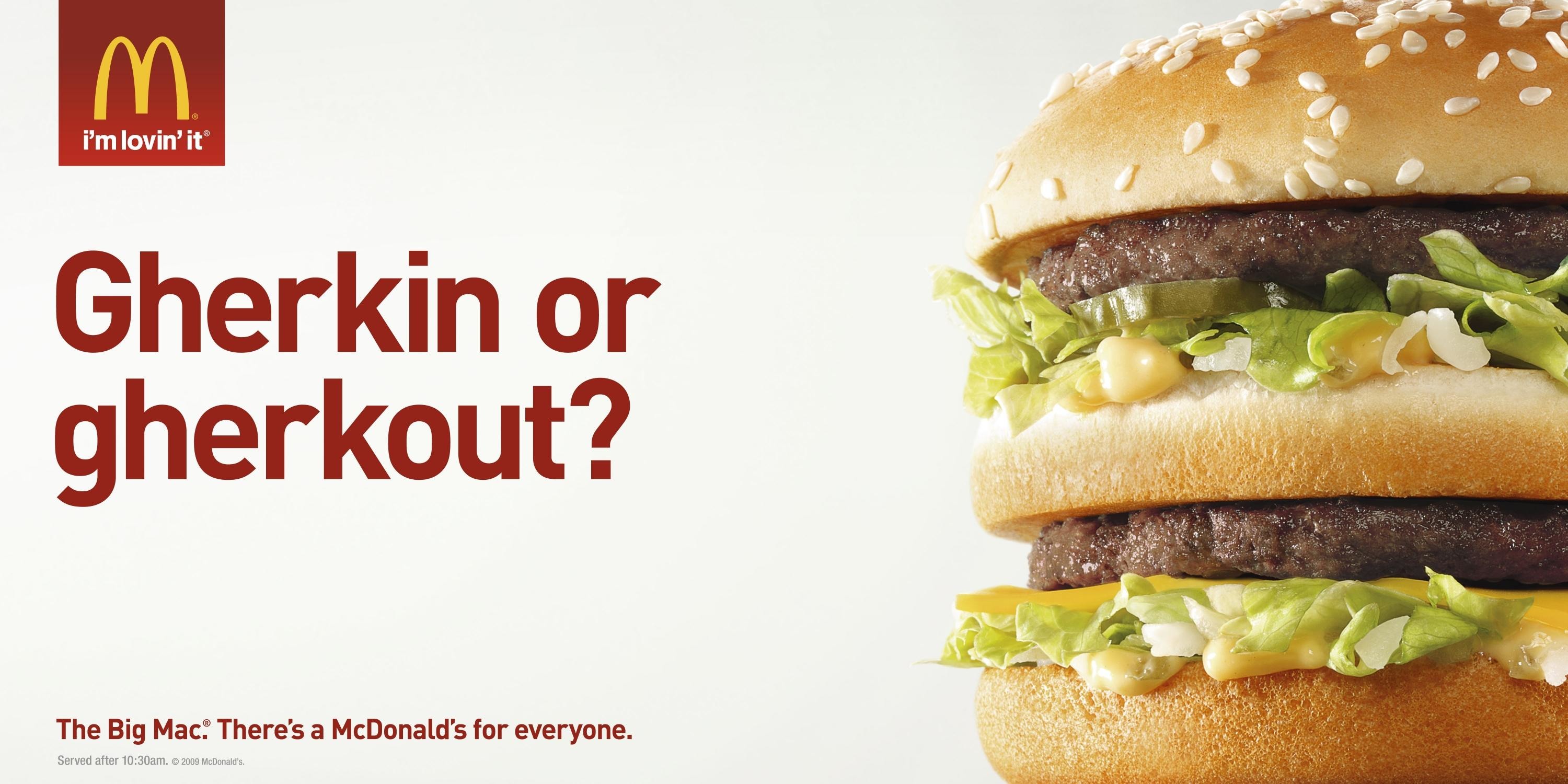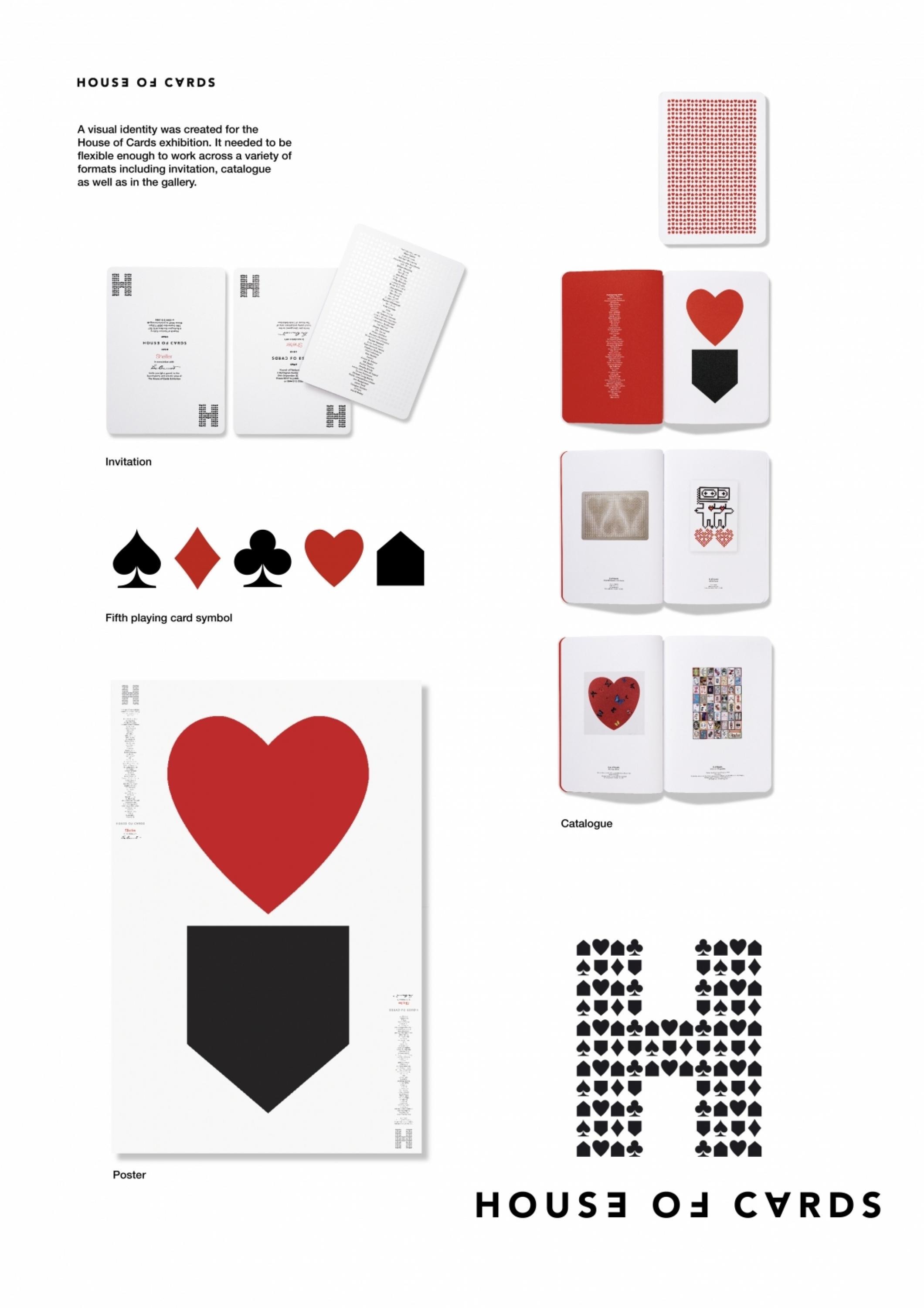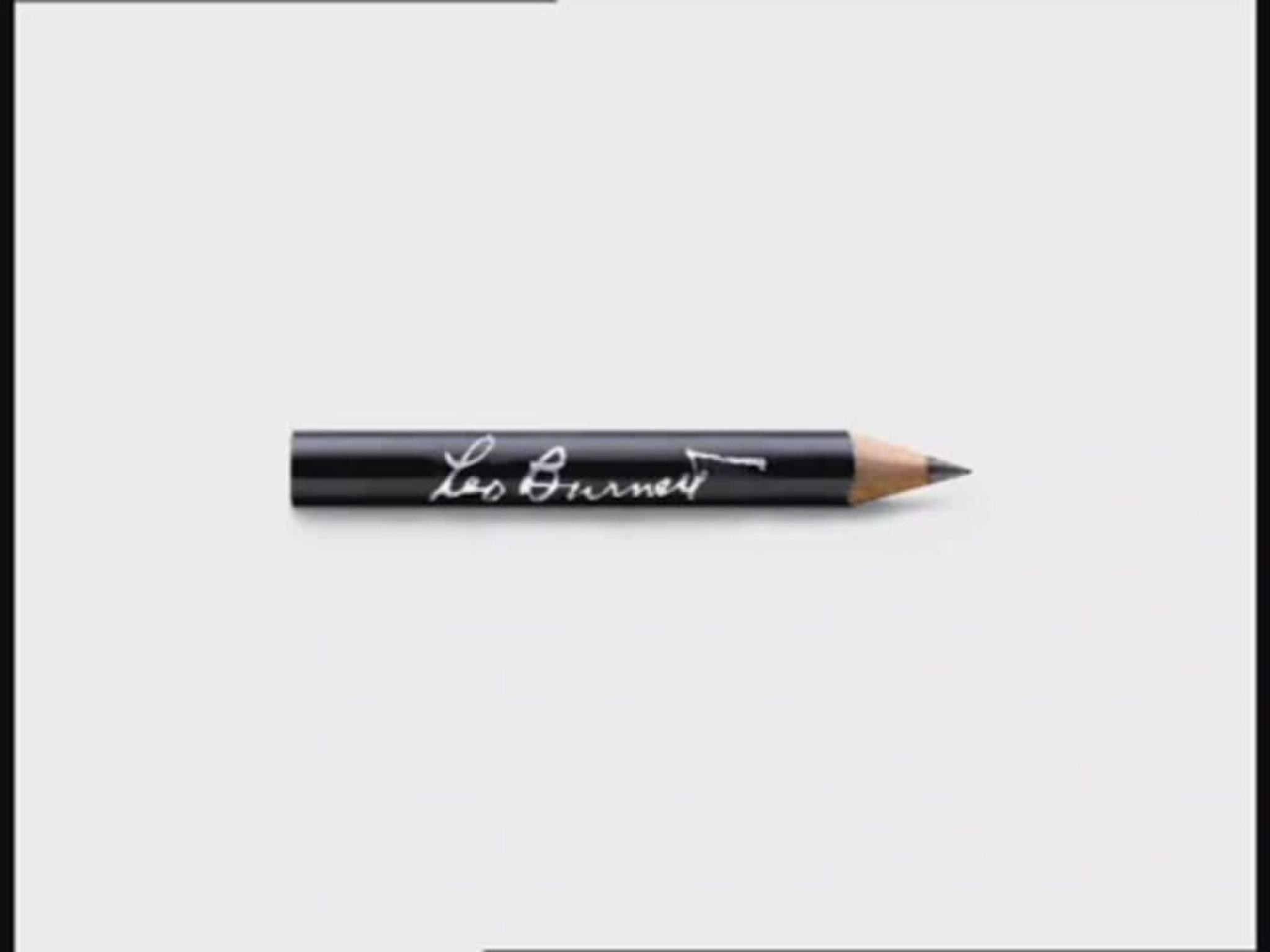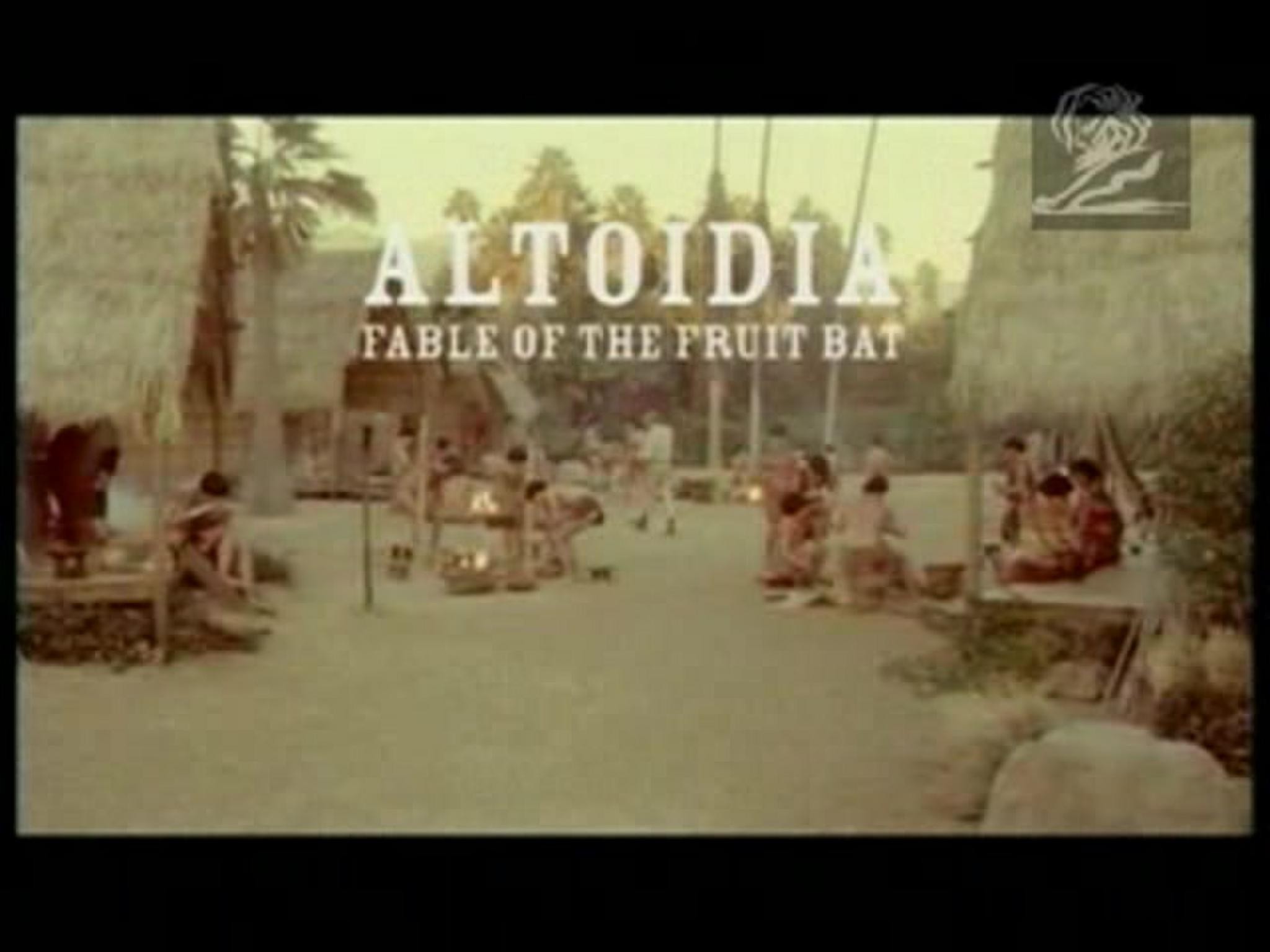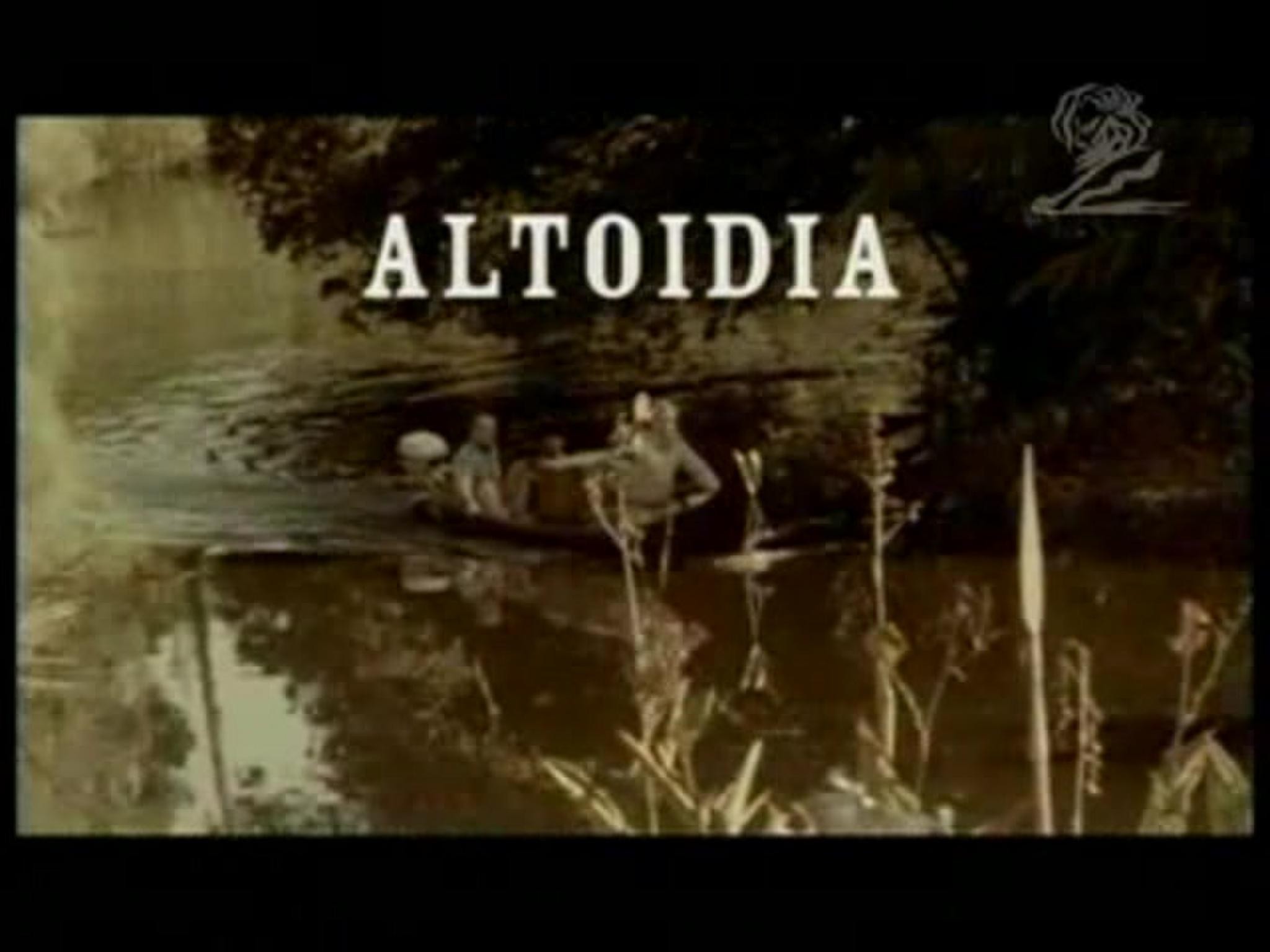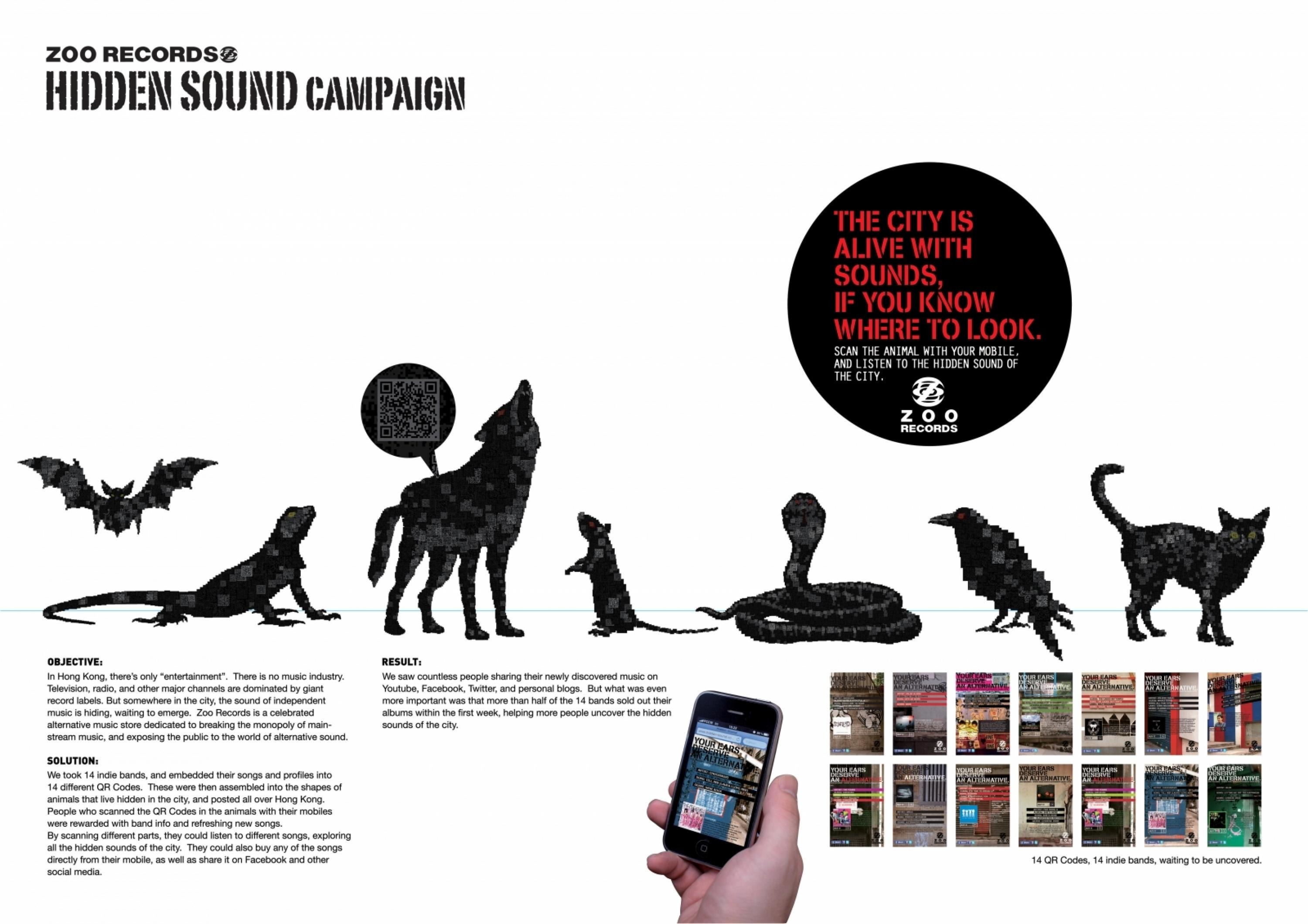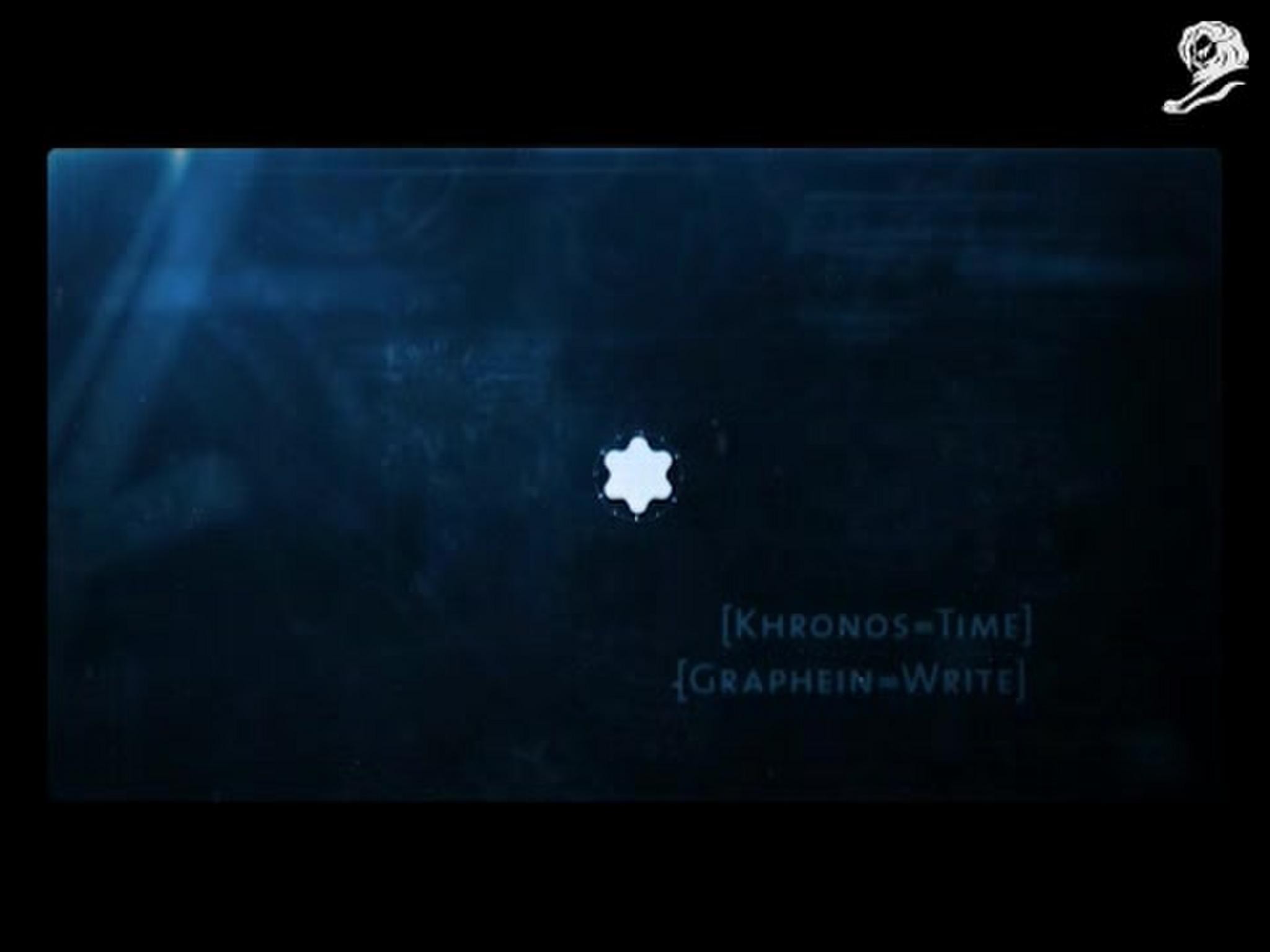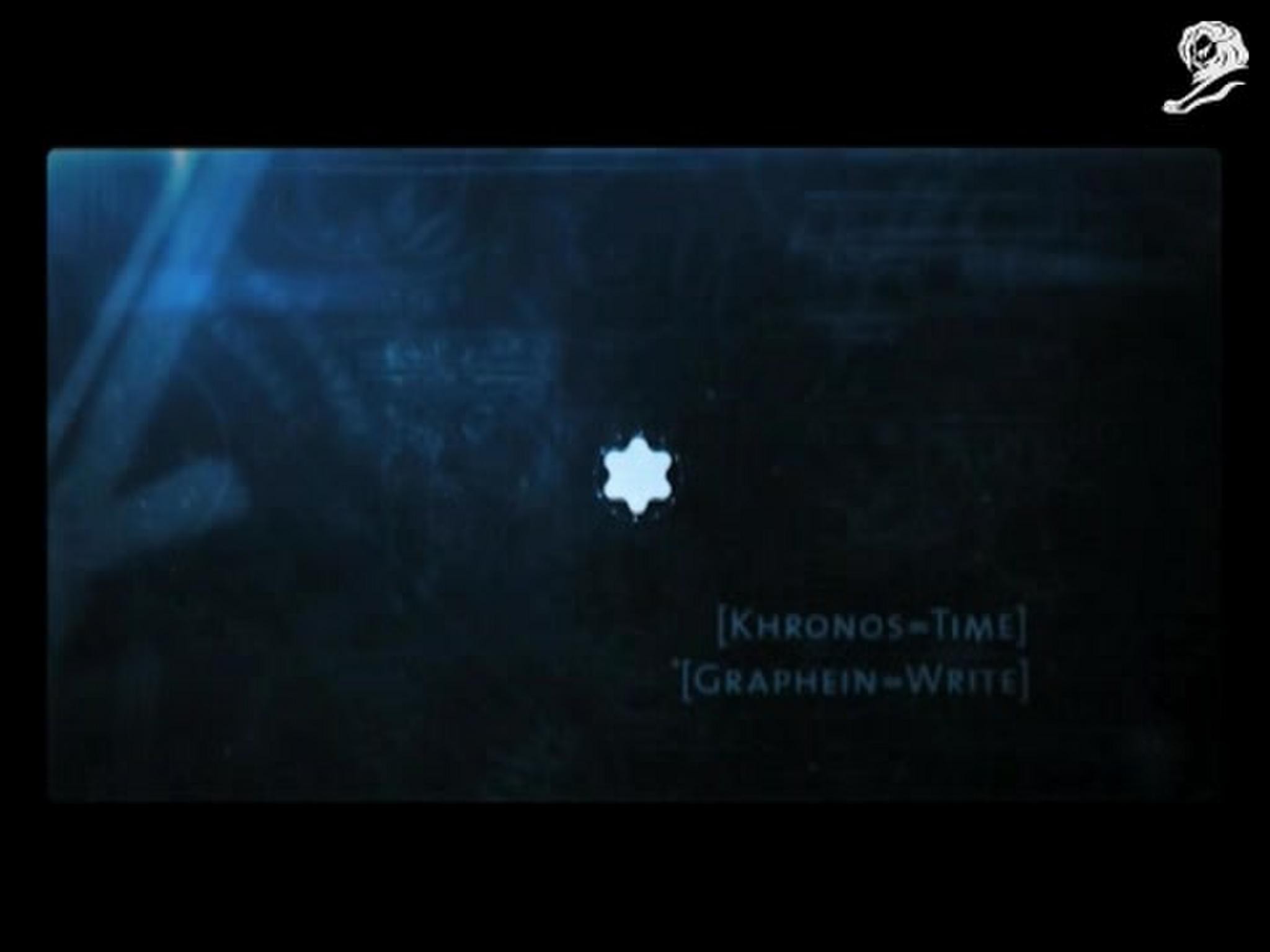Design > Products
PROTECTASBIH
LEO BURNETT, Jeddah / SAUDIA / 2024
Awards:

Overview
Credits
Overview
Why is this work relevant for Design?
ProtecTasbih uses cutting-edge design-thinking to merge religious practice with hygiene, showcasing innovation, all while maintaining respect towards cultural sensitivities.
This product identifies a unique market niche, combining spiritual and practical needs in a design that's both culturally relevant and socially responsible—while putting it directly in the hands of the consumer.
It highlights how inventive designs can address changing consumer behaviors, especially in response to global health concerns, demonstrating adaptability and the potential for positive social impact -- all through human-centric product development that seamlessly turns religious rituals into hygiene practices.
Please note that the Jurors for Dubai Lynx will be coming from outside the region and may not be aware of the specific cultural nuances of your work.
Hajj & Umrah are mandatory Islamic pilgrimages that witness millions of Muslims traveling to Mecca from around the world. With over 2 million pilgrims gathered in one place, Islamic pilgrimages are the biggest and densest human gatherings in the world.
This means disease and infection spread extremely easily. Over 60% of pilgrims fall ill due to contact, according to the WHO. And elderly pilgrims see a 40% risk of death due to infection according to the Journal of Infection & Public Health.
Dubbed the ‘Hajj Cough’, this global phenomenon is a worldwide public health challenge, and is known to be an inevitable illness if hygiene practices are not taken seriously.
Due to Islamic law, products containing alcohol, artificial fragrance, or animal products cannot be used or carried in pilgrimage, meaning there is a dire need for innovative all-natural solutions for sanitization.
Muslim pilgrims carry with them prayer beads, also known as "tasbih". They use these prayer beads to count 99 prayers - with each tasbih carrying either 33 or 99 beads.
Background
Saudia Airlines is the world’s leading carrier for pilgrimage travel to Saudi Arabia. Following its revamped brand positioning, the airlines needed to showcase its care for the wellbeing of its passengers along with its innovative, future-forward solutions.
The Islamic pilgrimages of Hajj & Umrah are the world’s largest human gatherings. With over 2 million people from around the world gathered in extremely close proximity, infection spreads easily. According to the W.H.O., 60% of pilgrims who journey to Hajj or Umrah in Mecca fall sick due to contact, and then return home spreading the ‘Hajj Cough’. Moreover, elderly pilgrims have a 40% increased risk of death from this respiratory infection.
Every pilgrim enters the Holy Site with one item in hand: prayer beads.
After having identified this tension point and opportunity, Saudia sought to innovate solutions to place health & safety in the hands of pilgrims worldwide.
Describe the creative idea
ProtecTasbih is the world’s first sanitizing prayer beads.
Knowing that every pilgrim carries prayer beads (or Tasbih) in hand, we knew that would become the perfect opportunity for us to put health & safety right in pilgrims’ hands. By creating sanitizing prayer beads, we would incorporate hygiene seamlessly into religious tradition, without disrupting their journeys.
ProtecTasbih was designed to target pilgrims from all around the world traveling to Mecca for Islamic pilgrimage. This spans from young children all the way to the elderly, knowing every demographic carries prayer beads as they journey to Mecca.
Our solution seamlessly incorporated itself into Islamic practices and rituals. It needed to be easy to use, effective, and offer longevity.
Additionally, ProtecTasbih needed to serve as a reminder of the importance of hygiene during pilgrimage, while communicating Saudia Airlines’ ongoing mission to serve its guests with the latest innovations, while safeguarding hygiene and safety.
Describe the execution
Design-wise, we needed to follow the traditional model of prayer beads to ensure ease of use and spiritual function. Following tradition, 33 antibacterial beads are placed along a durable, long-lasting paracord.
Religious limitations meant alcohol and artificial fragrance could not be used. So an all-natural organic compound was innovated, encapsulating the anti-bacterial properties of tea tree oil.
The tea tree oil was infused into a semi-solid compound, and upon rubbing the beads, the antibacterial residue ruptures the membrane of the bacteria, killing the germs.
The semi-solid compound is designed to last two weeks, the maximum length of a pilgrimage. It was also designed to withstand extreme temperatures.
After the compound is used up, inner beads are revealed for life-long use. The inner beads are made from nylon and are 100% recyclable, and create zero waste. The paracord that holds all the beads is also recyclable, ensuring zero waste and longevity.
List the results
The ProtecTasbih innovation witnessed global responses, with opinion leaders and religious leaders praising the breakthrough. It was hailed as a revolution in Hajj healthcare, with each bead fighting a global public health problem.
Organic social media coverage across the Middle East, Asia, and Africa highlighted the importance of using ProtecTasbih and the importance of maintaining hygiene during pilgrimage.
Saudia Airlines made the design & formulation of the beads open-source so that any organization could produce their own life-saving beads—putting the power of protection in the world’s hands.
100,000+ pilgrims positively impacted
$2.9 million in earned media
1.5 million pilgrims reached on-ground
#1 trending topic in Saudi Arabia
Trending topic in 35 countries
+62% brand love for SAUDIA
More Entries from LEO BURNETT
24 items








